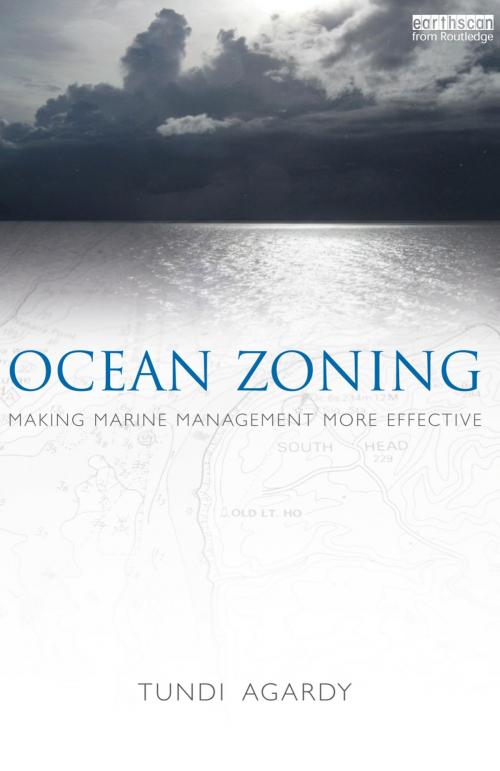Ocean Zoning
Making Marine Management More Effective
Nonfiction, Science & Nature, Science, Biological Sciences, Marine Biology| Author: | Tundi S. Agardy | ISBN: | 9781136531934 |
| Publisher: | Taylor and Francis | Publication: | September 23, 2010 |
| Imprint: | Routledge | Language: | English |
| Author: | Tundi S. Agardy |
| ISBN: | 9781136531934 |
| Publisher: | Taylor and Francis |
| Publication: | September 23, 2010 |
| Imprint: | Routledge |
| Language: | English |
Our knowledge of the oceans is increasing rapidly, as more powerful tools for exploration and exploitation make it easier to locate valuable resources, such as fish stocks, oil and gas reserves, or sites for wind and hydropower schemes. At the same time competition for space has intensified, affecting marine life and people's livelihoods. Much has been written about marine management using marine protected areas, but MPAs are only a small subset of spatial management tools available. MPAs and MPA networks are better seen as starting points for more comprehensive spatial management, facilitated by ocean zoning. This logical scaling up from discreet piecemeal protected areas to larger and more systematic planning is happening around the world, but few are aware that we are entering a brave new world in ocean management with zoning at its core. This book provides guidance on using ocean zoning to improve marine management. It reviews the benefits of ocean zoning in theory, reviews progress made in zoning around the world through a wide range of case studies, and derives lessons learned to recommend a process by which future zoning can be maximally effective and efficient. Published with MARES, Forest Trends and UNEP
Our knowledge of the oceans is increasing rapidly, as more powerful tools for exploration and exploitation make it easier to locate valuable resources, such as fish stocks, oil and gas reserves, or sites for wind and hydropower schemes. At the same time competition for space has intensified, affecting marine life and people's livelihoods. Much has been written about marine management using marine protected areas, but MPAs are only a small subset of spatial management tools available. MPAs and MPA networks are better seen as starting points for more comprehensive spatial management, facilitated by ocean zoning. This logical scaling up from discreet piecemeal protected areas to larger and more systematic planning is happening around the world, but few are aware that we are entering a brave new world in ocean management with zoning at its core. This book provides guidance on using ocean zoning to improve marine management. It reviews the benefits of ocean zoning in theory, reviews progress made in zoning around the world through a wide range of case studies, and derives lessons learned to recommend a process by which future zoning can be maximally effective and efficient. Published with MARES, Forest Trends and UNEP















